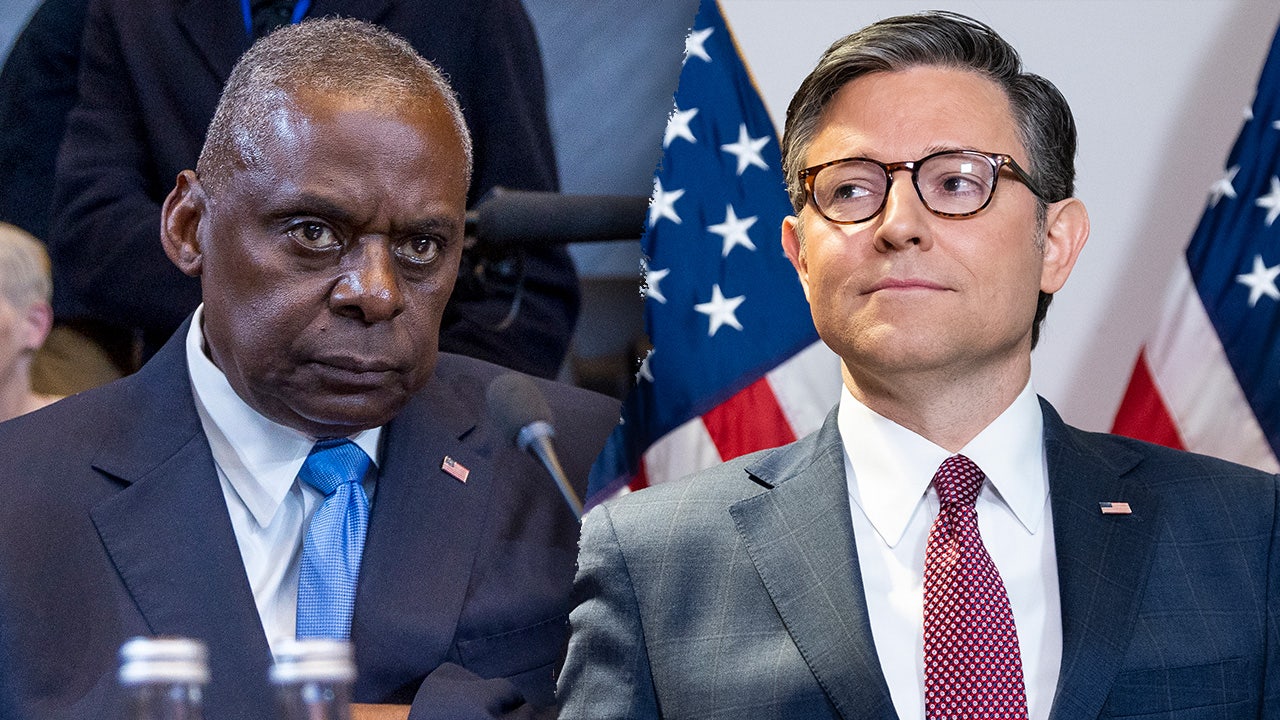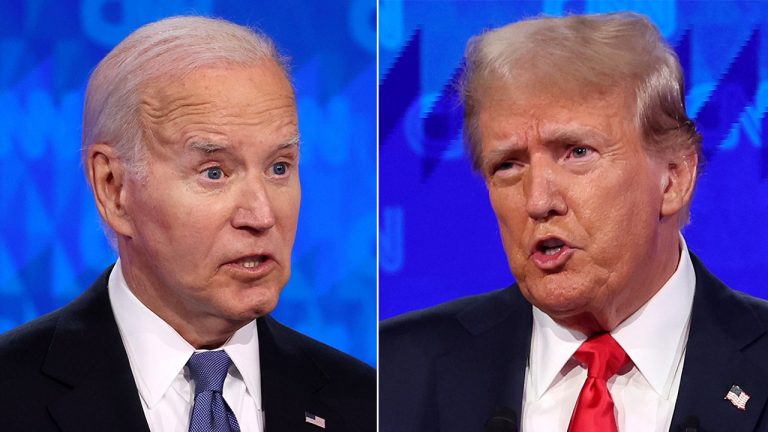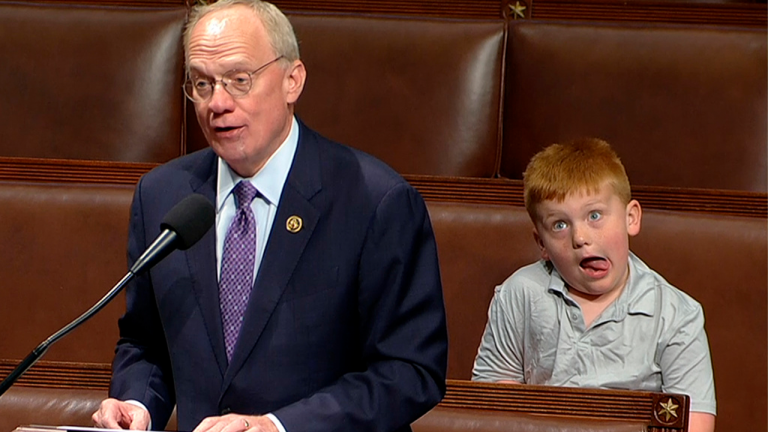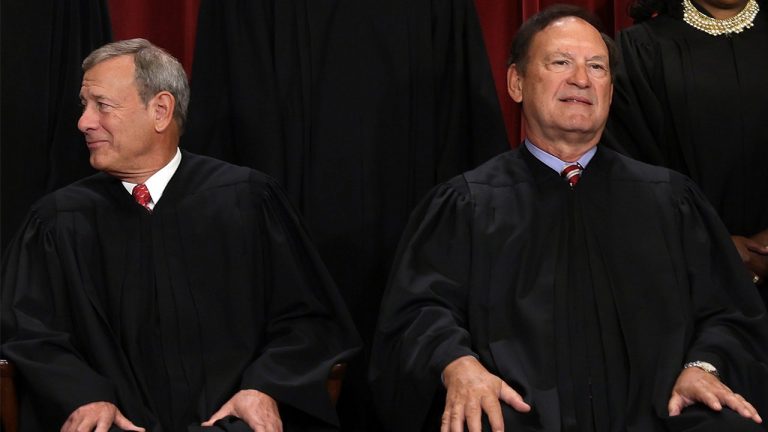House approves $895 billion defense bill with 19.5% pay raise for new troops
Congress Passes Annual Defense Policy Bill with Focus on Military Readiness and Culture War Provisions
Congress’ annual defense policy bill, the National Defense Authorization Act (NDAA), successfully passed the House after a week of voting on over 300 amendments. This year’s NDAA, totaling $895.2 billion in military spending, includes significant provisions aimed at enhancing military readiness and addressing controversial culture war issues.
One of the key highlights of the bill is a 19.5% pay increase for junior enlisted troops, a move that has garnered bipartisan support. The aim of this pay raise is to improve the quality of life for service members, especially in high-cost-of-living areas where military families often struggle to make ends meet.
However, the NDAA was not without its share of contentious debates. Conservatives in Congress secured several victories on issues related to diversity, critical race theory, and gender surgeries. Amendments were passed to eliminate Chief Diversity Officer roles in the armed forces, prohibit the promotion of critical race theory, and prevent funding for gender transition surgeries and transgender-related medical care.
Republicans argued that rolling back measures on diversity, equity, and inclusion (DEI) would help increase military readiness and address the recruitment crisis currently faced by the U.S. military. The Biden administration expressed opposition to these measures, signaling a divide on these culture war provisions.
Rep. Don Bacon, a retired general and member of the House Armed Services Committee, highlighted the struggles faced by military families, emphasizing the importance of providing adequate pay and support for service members. The bill also includes a 4.5% increase for other military roles, aimed at improving overall compensation for service members.
While the NDAA represents a significant step forward in addressing military priorities and quality of life for service members, the debate over culture war provisions underscores the ongoing divisions within Congress on these issues. As the bill moves forward for further consideration and funding allocation, the implications of these provisions on military readiness and national security remain a topic of ongoing debate.
Stay tuned for more updates on the NDAA and its impact on the U.S. military and national defense.








